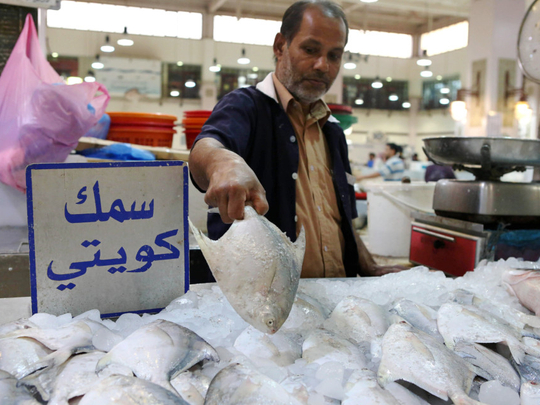
Manama: The campaign calling for a boycott of fish in Kuwait entered its second day amid indications that it was having an impact on market prices, reports said.
The ‘Let it Be Spoiled’ campaign was initiated on Saturday in protest against the “unreasonably” high prices of fish sold throughout Kuwait, organisers said.
Activists said that the unprecedented prices should not be tolerated and that merchants and middlemen should be made to face the consequences of their greed.
Pictures of empty fish markets were posted on social media to add credibility to the claims that the boycott campaign was successful.
Some social media users said that the objectives of the campaign were being achieved since several fish stall owners reduced the prices as the demand was well below the daily average.
The successful boycott has already prompted several social media users to call for similar action against other products being sold at high prices and to draw attention to poor services.
Several users said the anti-fish campaign was launched by ordinary citizens amid inaction by lawmakers and officials to cap prices and to rein in unscrupulous traders.
Some analysts, backed by traders, rejected allegations that the prices were being deliberately inflated, arguing that they were solely dictated by the laws of demand and supply.
However, as the boycott wore on through the first day, several traders reduced their prices in order to ensure the fish did not go to waste.
Some lawmakers said they supported the boycott and wanted an official explanation from the Ministry of Commerce and Industry for the unprecedented high prices.
MP Nabeel Al Fadhel said the ministry should revoke the licences extended to “greedy” fishmongers.
The lawmaker also questioned the role of the Consumer Protection Department and its effectiveness in helping resolve citizens’ concerns about high fish prices.












